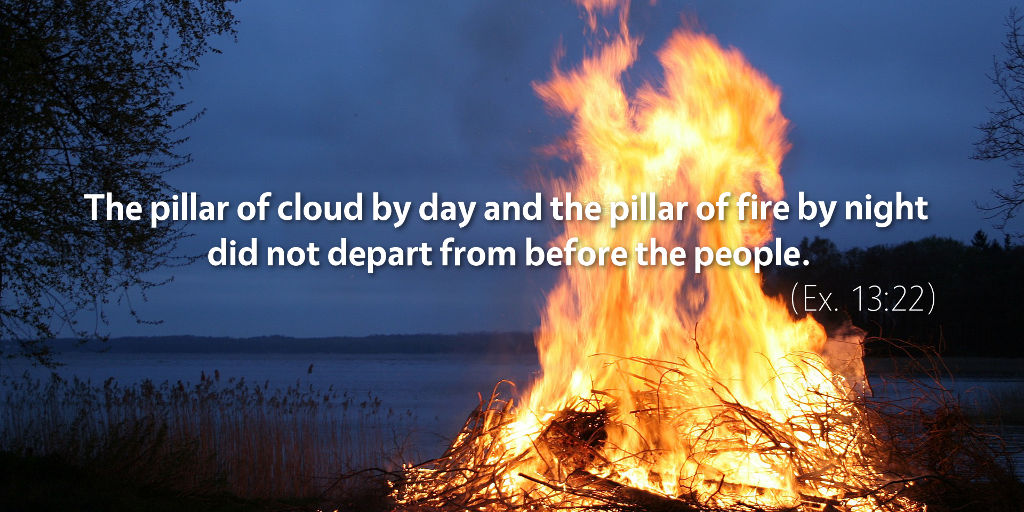Bible Readings for March 2nd
Exodus 13 | Luke 16 | Job 31 | 2 Corinthians 1
It is important to recognize that Yahweh liberates Israel not to give them total freedom but so that Israel could be Yahweh’s people and so that Yahweh could be Israel’s God. In other words, Yahweh redeemed Israel. The word redeem means to purchase something back for oneself, and Yahweh had acted to reclaim Israel from Egypt’s unlawful possession of them.
In Exodus 13, then, Yahweh instructs Israel to consecrate all their firstborn, whether human or animal (Ex. 13:2). Israel would sacrifice to Yahweh every firstborn male animal, but for every firstborn human being, Israel would offer a sacrifice to redeem back the life of that person.
In this way, Israel would regularly remind themselves about how Yahweh had redeemed them out of Israel: “For when Pharaoh stubbornly refused to let us go, the LORD killed all the firstborn in the land of Egypt, both the firstborn of man and the firstborn of animals. Therefore I sacrifice to the LORD all the males that first open the womb, but all the firstborn of my sons I redeem” (Ex. 13:15).
But Yahweh isn’t creating mere busywork for Israel, formalities to be observed for every firstborn. Yahweh’s larger concern is much greater than that—he wants to communicate the nature of his relationship to them. Yahweh’s intention was to take a people to himself (Ex. 6:7) so that they would be his people and he would be their God. This language is marital language: just as a man “takes” a woman to be his wife, so also Yahweh has “taken” Israel to be his bride through covenant.
The regular redemption of the firstborn is not the only way Yahweh communicates his covenant relationship with Israel, though. Yahweh also starts to communicate the nature of his covenant intimacy with Israel at the end of Exodus 13, when he begins to dwell near to Israel, leading them as a pillar of cloud by day and a pillar of fire by night (Ex. 13:21–22). During this time, Yahweh’s presence never departed from his people.
Remember that, in the beginning, Yahweh dwelt in the midst of his people in the Garden of Eden until sin fractured that perfect relationship. Here, Yahweh is working toward re-establishing that intimacy.
But what comes to the forefront in Exodus 13 is that covenant intimacy always comes with a price. Just as the blood of the lamb had to be shed for Yahweh’s judgment to pass over Israel’s firstborn sons on the night of the tenth plague in Egypt, so now Yahweh continues to require sacrificial blood to redeem every new firstborn son in Israel.
And when Yahweh sends his own firstborn Son into the world, the Lord Jesus Christ will shed his own blood so that we can enjoy covenant intimacy with God, dwelling with him forever in the new heavens and the new earth.
Podcast: Play in new window | Download (5.1MB) | Embed
Subscribe: Apple Podcasts | RSS | More

Scripture quotations are from The Holy Bible, English Standard Version copyright © 2001 by Crossway Bibles, a division of Good News Publishers. Used by permission. All rights reserved.


